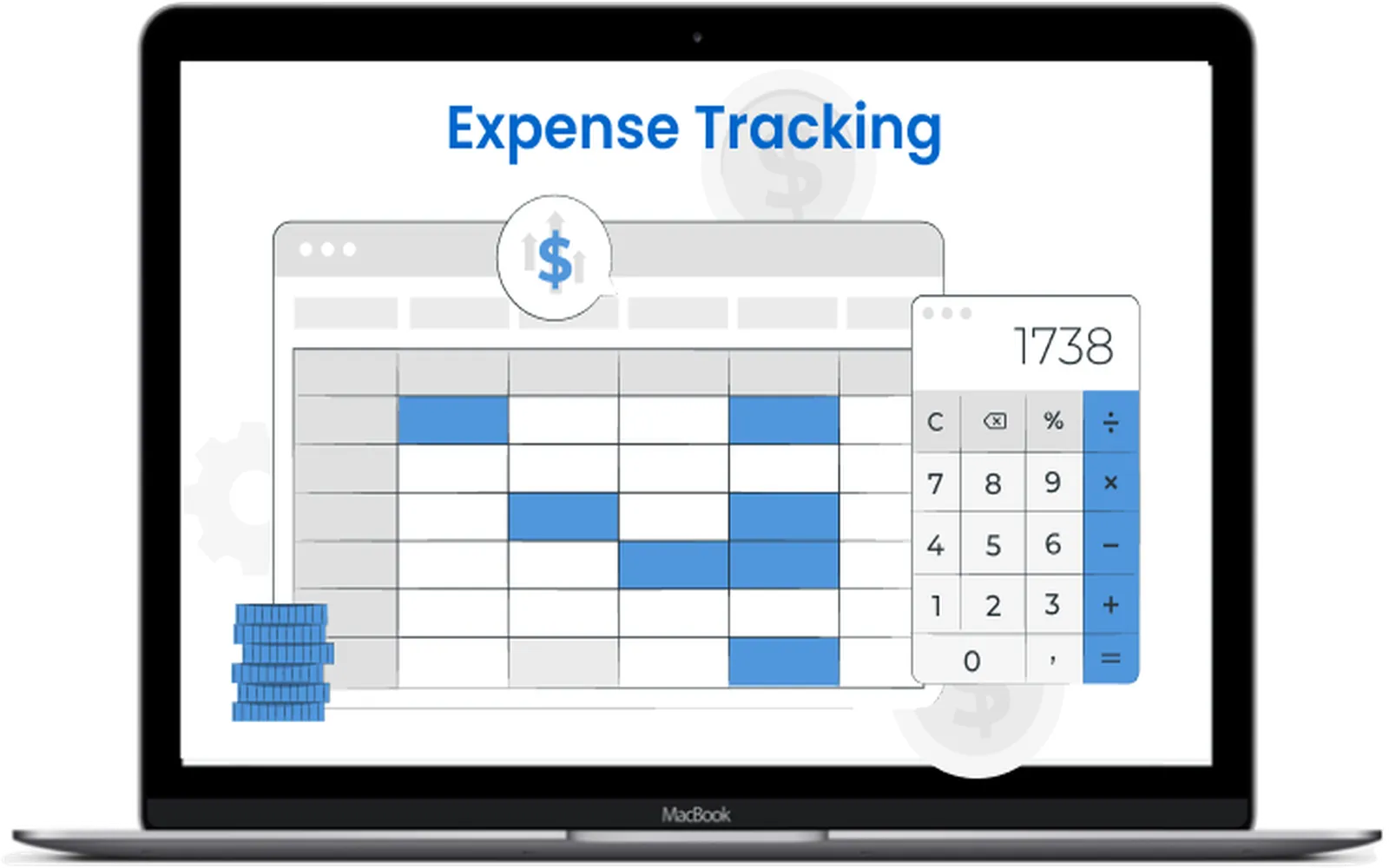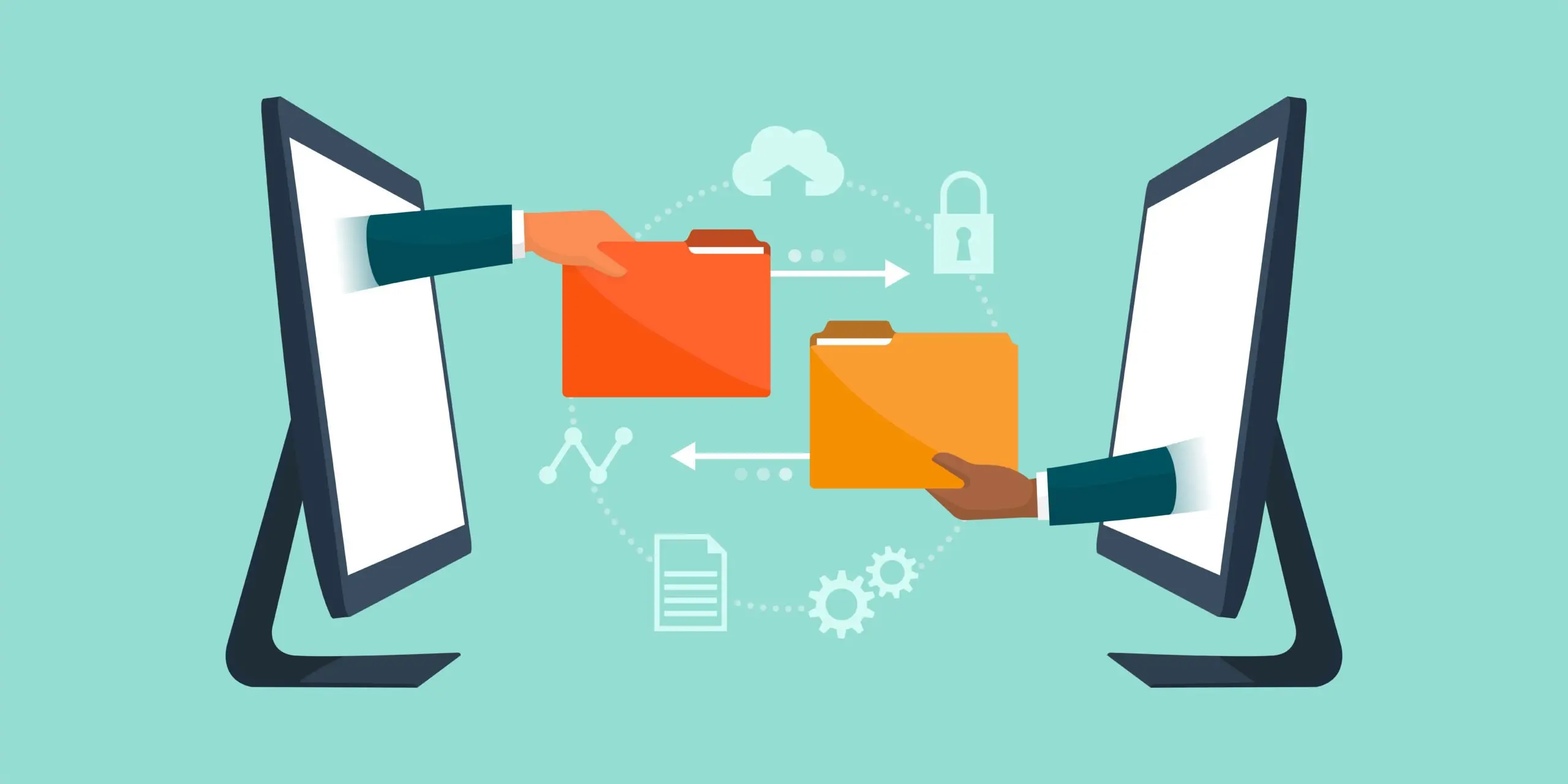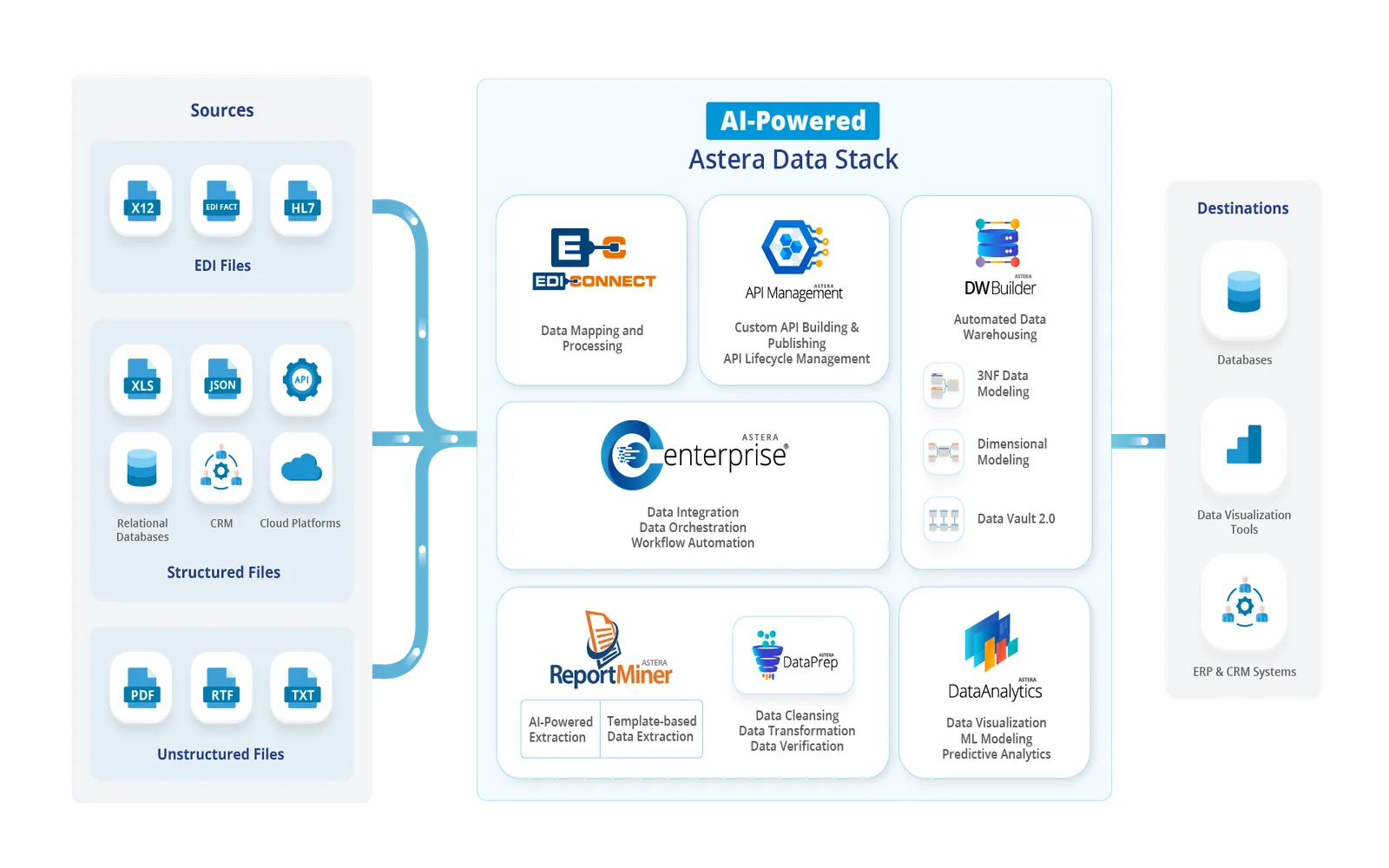Understanding Financial Tools
Managing finances effectively is crucial for both personal and business success. With the right financial tools, individuals and businesses can streamline their budgeting, track expenses, and optimize their financial decisions. In this article, we will explore some of the best financial tools available for personal and business use in the United States.
Top Financial Tools for Personal Use
For individuals, financial tools can help manage day-to-day expenses, savings, and investments. Here are some of the best options:
| Tool Name | Best For | Key Features |
|---|---|---|
| Mint | Budgeting | Expense tracking, budgeting tools, financial goal setting |
| YNAB (You Need A Budget) | Budgeting | Real-time tracking, goal-oriented budgeting, educational resources |
| Personal Capital | Investment Tracking | Portfolio tracking, retirement planning, fee analyzer |
| Acorns | Investing | Round-up feature for investments, automatic portfolio management |
Mint is a popular choice for those looking to manage their budgets effectively. It allows users to link their bank accounts, credit cards, and bills to get a comprehensive view of their financial situation. With intuitive charts and graphs, Mint helps users identify spending patterns and set budgets easily.
YNAB, or You Need A Budget, takes a more proactive approach to budgeting. It emphasizes the importance of planning every dollar in advance, helping users to adopt a more disciplined financial habit. YNAB offers educational resources to help users learn the principles of budgeting effectively.
On the investment side, Personal Capital provides a robust platform for tracking investments and planning for retirement. Users can see all their investments in one place, analyze fees, and receive personalized financial advice. This tool is particularly useful for those who have multiple investment accounts and want to understand their overall financial health.
For those looking to dip their toes into investing without too much complexity, Acorns is an excellent choice. This app allows users to invest spare change from everyday purchases automatically. It’s a seamless way to get started with investing, even for those who may not have much experience.
Essential Financial Tools for Business Use
For businesses, financial tools can manage cash flow, invoicing, payroll, and overall financial health. Here are some of the best financial tools for business purposes:
| Tool Name | Best For | Key Features |
|---|---|---|
| QuickBooks | Accounting | Invoicing, expense tracking, payroll, tax preparation |
| FreshBooks | Invoicing | Customizable invoices, time tracking, expense management |
| Xero | Accounting | Real-time collaboration, inventory management, bank reconciliation |
| Wave | Free Accounting | Invoicing, accounting, receipt scanning |
QuickBooks remains one of the most widely used accounting software for small to medium-sized businesses. With features like invoicing, expense tracking, and payroll management, QuickBooks provides a comprehensive solution for all accounting needs. Its user-friendly interface and integration capabilities make it a go-to choice for business owners.
For those focused primarily on invoicing, FreshBooks offers a simple yet powerful solution. It allows businesses to create customizable invoices, track time, and manage expenses efficiently. FreshBooks is particularly beneficial for freelancers and small service-based businesses that need an intuitive invoicing system.
Xero is another excellent accounting tool that offers real-time collaboration and a robust set of features. With capabilities like inventory management and bank reconciliation, Xero is ideal for businesses that require comprehensive financial oversight. Its cloud-based platform allows multiple users to access the system simultaneously, enhancing teamwork.
If you're looking for a free solution, Wave provides essential accounting features at no cost. From invoicing to receipt scanning, Wave covers the basics for small businesses and freelancers effectively. Its user-friendly interface and comprehensive features make it an attractive option for startups watching their budgets.
Choosing the Right Financial Tool
When selecting the right financial tool, consider your specific needs, whether for personal finance or business management. Evaluate the features that matter most to you, such as budgeting options, investment tracking, or invoicing capabilities. Furthermore, always look for tools that offer great customer support and user-friendly interfaces.
In conclusion, utilizing the best financial tools can significantly enhance your ability to manage your finances, whether personally or in business. By leveraging these tools, you can make more informed decisions, save time, and ultimately achieve your financial goals.









